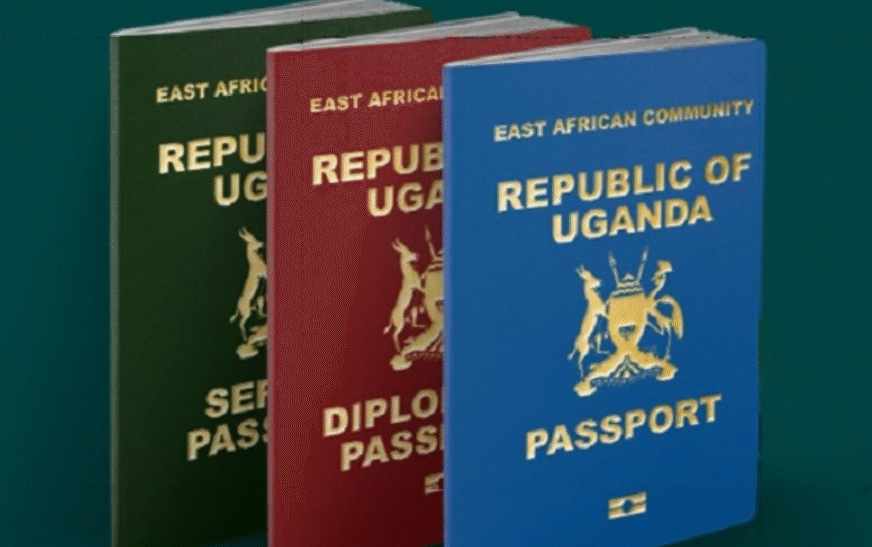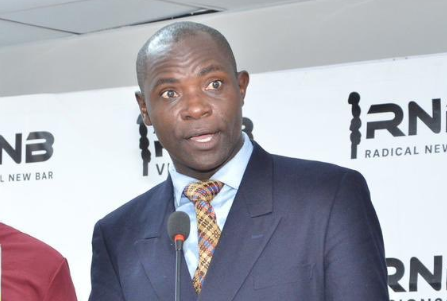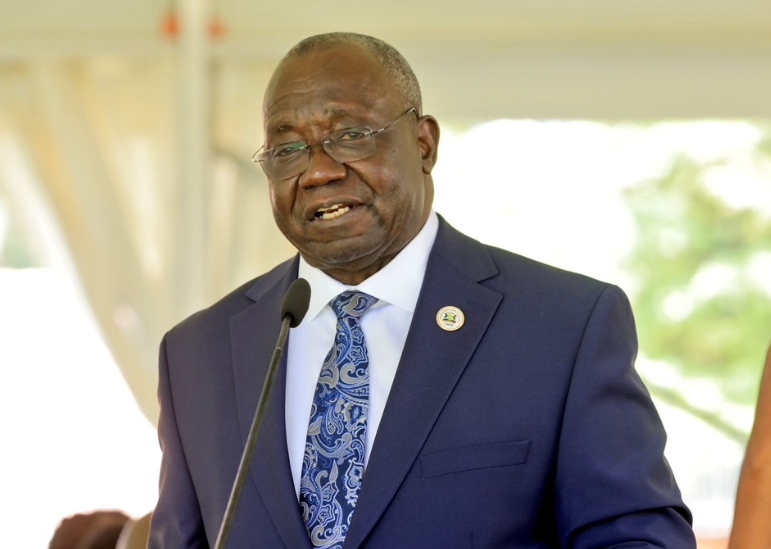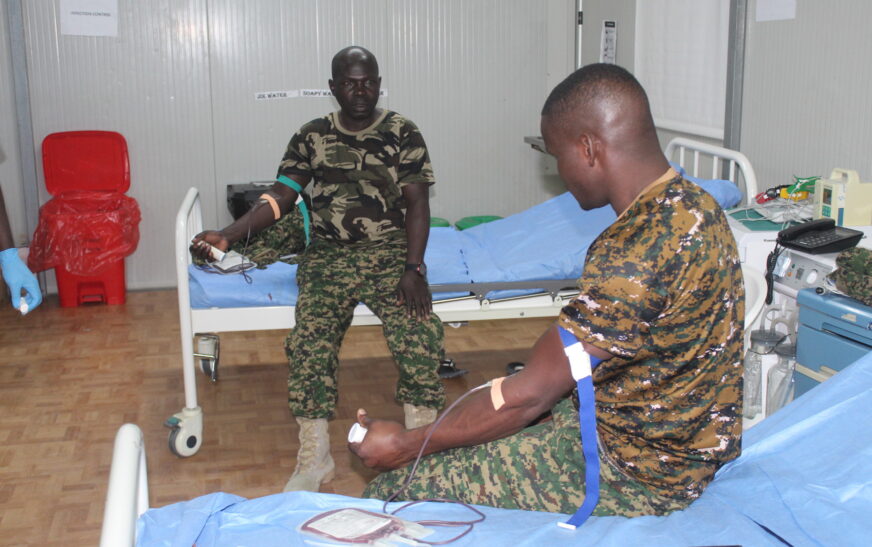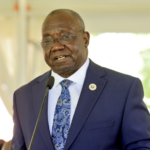The Trump administration is weighing new travel restrictions targeting 36 countries, according to a classified State Department cable. If enacted, the move would more than double the number of nations whose citizens face full or partial entry bans into the United States. The proposed list includes several key U.S. partners in Africa and the Caribbean.
The directive, issued over the weekend via a diplomatic memo signed by Secretary of State Marco Rubio, instructs U.S. diplomats to give the listed countries until 8 a.m. Wednesday to submit initial action plans demonstrating compliance with stringent new security and identity verification requirements.
The memo identifies a wide array of countries under review. Twenty-five are in Africa, including Egypt, Ethiopia, Djibouti, and Nigeria. Caribbean nations named include Antigua and Barbuda, Dominica, Saint Kitts and Nevis, and Saint Lucia. Other countries flagged are Bhutan, Syria, Tonga, and Vanuatu.
Countries that fail to meet U.S. benchmarks within 60 days could face travel bans similar to those imposed earlier this month under Trump’s executive order.
The internal cable outlines several reasons for concern. It states: “The Department has identified 36 countries of concern that might be recommended for full or partial suspension of entry if they do not meet established benchmarks and requirements within 60 days.”
Some nations reportedly lack a “competent or cooperative central government authority” capable of issuing reliable identity documents. Others are cited for “widespread government fraud,” failure to accept deported citizens, or high rates of visa overstays.
The memo also highlights problematic citizenship-for-investment programs and instances of “antisemitic and anti-American activity in the United States” linked to nationals from some of the listed countries.
This proposed expansion follows Trump’s June 4 proclamation, which barred entry from 12 countries—including Afghanistan, Iran, and Somalia—and placed restrictions on seven others. During his first term, Trump introduced a controversial travel ban on several Muslim-majority nations. That policy was ultimately upheld by the U.S. Supreme Court in 2018 following legal challenges.
Now in his second term, Trump appears to be reviving and expanding that agenda.
“This administration continues to single out African and Caribbean countries in a way that is deeply troubling,” said a Democratic congressional aide.
Civil rights advocates and Democratic lawmakers argue that the latest proposed list reflects a discriminatory pattern, disproportionately targeting countries in the Global South. They contend it mirrors earlier bans driven by xenophobia.
While the White House has yet to comment publicly on the expansion, President Trump has repeatedly said he intends to make the travel ban “bigger than before.”
When asked by Reuters and The Washington Post, the State Department declined to comment on the classified memo, stating only that it routinely “reevaluates policies to ensure Americans are safe and foreign nationals abide by the law.”
Nations identified in the memo have been given just 60 days to meet U.S. requirements. Initial responses are due within days.
Failure to comply could result in sweeping travel bans, barring citizens from entering the U.S.—a move that could reshape diplomatic relations and disrupt the lives of thousands who travel to the U.S. for education, work, or family reunification.
The policy shift would likely trigger legal challenges and intensify international criticism of the Trump administration’s immigration policies.
Countries reportedly under review include: Angola, Antigua and Barbuda, Benin, Bhutan, Burkina Faso, Cabo Verde, Cambodia, Cameroon, Côte d’Ivoire, Democratic Republic of Congo, Djibouti, Dominica, Egypt, Ethiopia, Gabon, The Gambia, Ghana, Kyrgyzstan, Liberia, Malawi, Mauritania, Niger, Nigeria, Saint Kitts and Nevis, Saint Lucia, São Tomé and Príncipe, Senegal, South Sudan, Syria, Tanzania, Tonga, Tuvalu, Uganda, Vanuatu, Zambia, and Zimbabwe.

